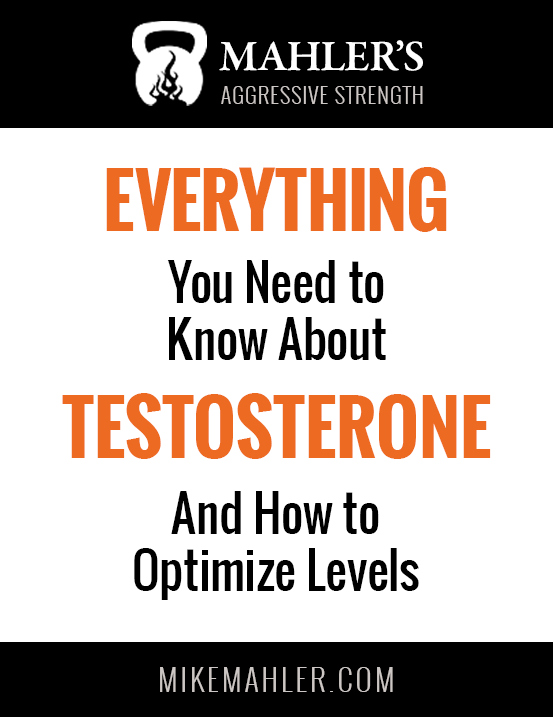Mike Mahler
Sources: Dr. Eric Braverman’s “Younger You” and “The Younger You Diet”
Acetylcholine
Acetylcholine is a neurotransmitter that monitors brain speed. It controls the speed at which the electrical signals from the brain are sent throughout the body. It also regulates the rate at which we process sensory input and access stored information. Acetylcholine is the main neurotransmitter that creates a younger faster brain.
Acetylcholine is critical for muscle function all over the body and brain function. Phosphatidylserine and phosphatidylcholine create the channels in the brain cell membrane to allow nutrients to go into the cells, toxins to go out, and keeps cells nourished and clean which is critical for a sharp mind. The typical unhealthy diet is often way too low in choline.
A healthy, high acetylcholine brain is fast-moving, quick thinking, and moist, so information can pass easily from the brain into the body. This is critical for optimal physical performance. The faster the brain can communicate with the body the better the performance.
Dopamine has a reward and pleasure-seeking focus, while acetylcholine is your awareness neurotransmitter. It provides ample fuel for creativity and memories. The connection between Alzheimer’s disease and low acetylcholine is tremendous.
Loss of brain cognition is tied directly to declining acetylcholine levels.
The latest brain research links both diabetes and dementia to acetylcholine. Low levels of acetylcholine are directly linked to a loss of insulin and IGF-1 (growth hormone) function in the brain.
When you are deficient in acetylcholine you crave fatty foods like what is easily accessible via fast food and desserts. Fat is the building block for acetylcholine. Foods high in fat provide an instant boost in acetylcholine.
However, over-consuming fat is not the long-term answer to improve acetylcholine levels. What we want to do is give the brain the fuel it needs to make acetylcholine. Unhealthy fat clogs your brain and hampers brain production of acetylcholine. Foods that are high in fat are generally low in nutrients and thus do nothing to improve your health. Low-fat diets are not the answer either as we need a good amount of healthy fat for optimal hormone production, healthy skin, hair, joints, and energy. Get at least 30% of calories from fat and focus on healthy sources such as Udo’s Oil, avocadoes, nuts, seeds, olive oil, and coconut oil.
Weight Gain and Brain Health
A healthy brain is filled with fats and oils. In fact, a healthy brain contains more than 60% fat. However, there is a big difference between having a good amount of fat in the diet and being fat. Too much fat accumulation hampers brain health.
When you gain fat it does not just add to your body, it accumulates insides your organs and brain. When the brain has too much fat it has to work harder to function.
Excess fat also accumulates in areas of the brain in the form of cholesterol. Cholesterol is the building block of all of the sex hormones such as Testosterone, estrogen, DHEA, and pregnenolone. However, as you get older your brain starts to slow down and you can no longer convert cholesterol into sex hormones efficiently. Your body in a desperate attempt to make hormones gives you the signal to consume more fatty foods to make more cholesterol with the hope of converting it into hormones compounding the problem further.
Increasing Acetylcholine levels
- You can increase acetylcholine production by increasing intellectual stimulation. Engaging your mind often keeps it strong and healthy
- Eat foods that are high in choline. Choline is a nutrient that begins as a B vitamin and is converted through digestion into acetylcholine. Choline also helps block fat accumulation in the liver.
A good amount of choline per day is 425mg for women and 550mg for men. One tablespoon of lecithin has 232 mg of choline. High amounts of choline are also in olive oil, avocadoes, nuts, and seeds. Other good sources of choline include blueberries, oranges, wheat germ, tofu, celery, cauliflower, fish, and broccoli.
- Eat more lecithin. Lecithin is a nutrient used by your body to make choline. Foods high in lecithin include cauliflower, egg yolks, and wheat germ.
- Add spices to your diet such as Turmeric. Turmeric stimulates the production of acetylcholine and has been proven to help unclog amyloids, the garbage that mucks up the pathways of the brain. Other good spices for the brain are basil, cumin, sage, and peppermint.
- Add some supplements: Power drive in addition to containing tyrosine which boosts dopamine contains 1 gram of choline per serving. Acetyl-l-carnitine also helps ramp up choline levels and is great for brain function and athletic performance.
- Take alpha-GPC. Alpha GPC is a precursor to choline and has also been shown to ramp up the exercise-related Growth hormone response. 400-1200mg taken an hour before a workout provides a nice choline boost as well as an increased IGF-1 response from exercise.

